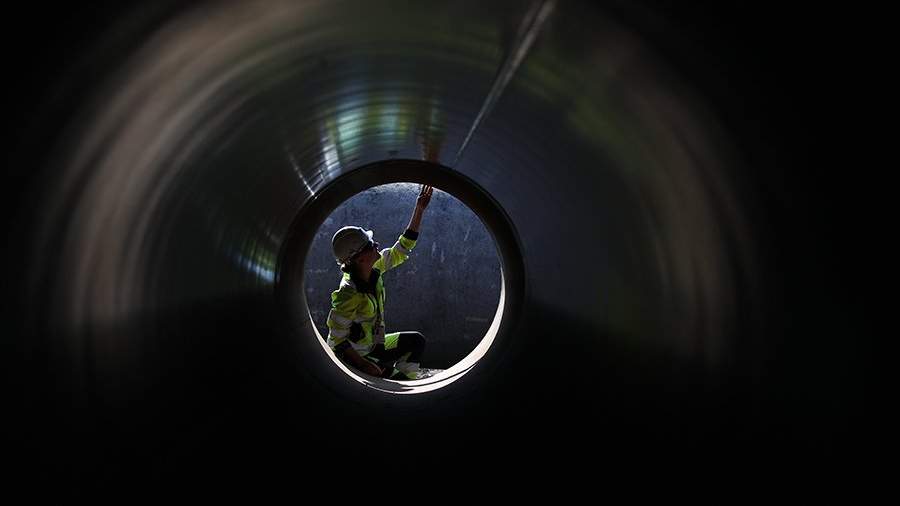
European industry suffers from the rejection of cheap Russian gas
By Rhod Mackenzie
The low demand for gas in Europe is evidence of the malaise of the European economy. This malaise is particularly noticeable in Germany, whose economy is in a very difficult situation after its rejection of Russian pipeline gas supplies.
Along with record gas prices last year, the demand for gas in 2023 has unexpectedly collapsed. The reason for the collapse in the demand for the "blue fuel" is simple and probably also unexpected for European politicians. After all, when they rejected Russian pipeline gas last year, they hardly expected such a sharp deterioration in the continent's economic situation. Obviously, one of the main reasons for the economic decline of the united Europe is precisely the refusal to purchase cheap pipeline gas from Russia. There is a direct correlation: the less gas a country has received from Russia, the more serious its economic problems have become. The most obvious example is Germany, which for many years was more dependent on Russian gas than others, and which is now experiencing the most serious problems.
According to S&P Global Commodity Insights, Europe's gas demand will be about 20 per cent lower this year than it was in in 2021.
"It's not about prices anymore, it's about the state of the economy," Bloomberg quoted gas analyst Erisa Pascoe of Energy Aspects as saying. "We're still seeing a lot of weakness and uncertainty."
Despite an 80 per cent drop in gas prices compared to last year, Germany's energy-intensive industries are now facing even more problems than the manufacturing sector as a whole. This is particularly noticeable in the chemical industry. For example, the VCI, which sells products from the chemical industry (excluding pharmaceuticals), expects a decline of 11% this year. The European Chemical Industry Council (ECIC) is forecasting a continent-wide decline of 8% this year.
If Germany was used to being something of a locomotive for the European economy, pulling it out of difficult situations in recent years, it now needs a locomotive of its own. Suffice it to say that it started the third quarter in July with the biggest monthly drop in new orders since the pandemic.
Berlin has managed to significantly reduce the risk of gas supply disruptions in winter by investing heavily in liquefied natural gas (LNG) infrastructure and intercepting many LNG tankers. However, German companies are now fearful of a severe recession, making them cautious and in no hurry to increase production. These concerns, combined with high borrowing rates that are holding back European economies, suggest that strong demand for gas may never return. This is partly because some companies are gradually switching to renewable energy sources, and partly because many companies are simply moving production to other countries and regions where the environment is more favourable.
